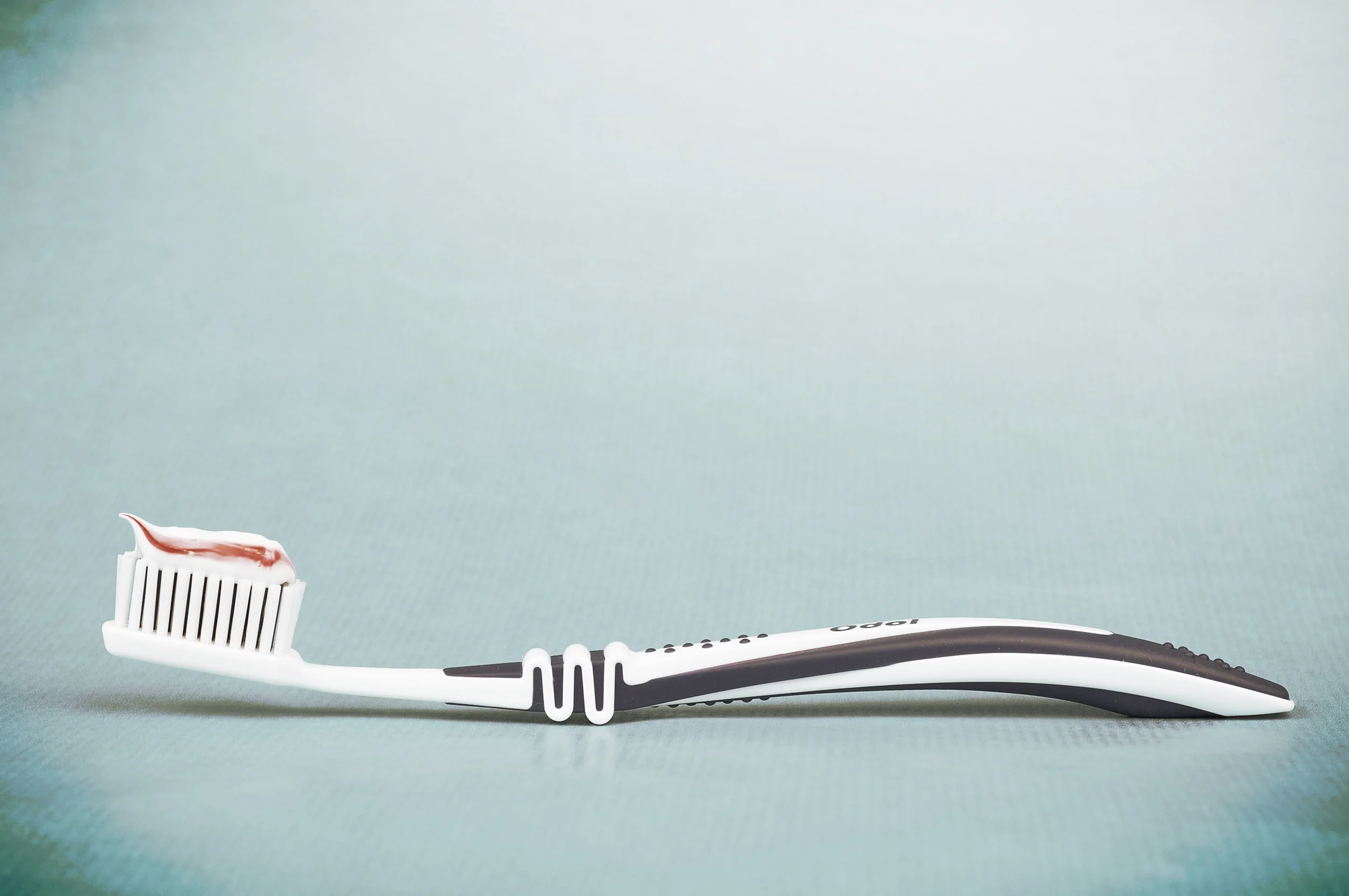5201 Central Ave
Tampa, FL 33603
8132371500
Dr. S. B. Kumar
Dr. S.B. Kumar

Dr. S.B. Kumar
Please click here to download the paperwork!
If you are unable to complete the paperwork ahead of time, please arrive at least 15 minutes early to do so.
Importance of X-rays: As part of our preventative armamentarium, dental x-rays are used as a diagnostic tool providing valuable information that we can not detect clinically with our instruments or eyes. Dr. Kumar use this information to safely and accurately detect hidden dental abnormalities and pathologies to formulate a complete an accurate treatment plan.
Our objective is to identify issues as early as possible, and without x-rays, problem areas can go undetected and likely worsen with time, inevitably this necessitates more invasive, complex, and costly procedures.
Are dental x-rays safe? Dental x-rays produce a low level of radiation and are considered safe. We take necessary precautions to limit the patient’s exposure to radiation when taking dental xrays which include using lead apron shields to protect the body, and as mentioned, utilization of a digital x-ray system, which also reduces the amount of radiation exposure significantly compared to traditional films.
How often should dental x-rays be taken? The need for dental x-rays depends on each patient’s individual dental health needs. Dr. Kumar will recommend necessary x-rays based on the review of your medical and dental history, dental exam, signs and symptoms, age consideration, and caries risk. We recommend that new patients have x-rays. Additionally, the initial x-rays provide us with a more accurate baseline for future assessments and evaluation of minor changes that could otherwise go unnoticed.
Intraoral & Extraoral Exam: evaluation of soft & hard tissues of the oral cavity.
Evaluation of gum health We check for signs of gingivitis & periodontal disease.
Evaluation of teeth for caries & abnormalities.
Oral Cancer Screening: We will check the face, neck, lips, tongue, throat, oral tissues, and gumsfor any signs of oral cancer. During an oral exam, we look over the inside of your mouth to check for red or white patches, mouth sores, lumps, or other abnormalities. Many people have abnormal sores in their mouths, with the great majority being noncancerous.
The final step in our evaluation process is the development of an individualized treatment plan. The plan addresses your specific needs and is prepared by Dr. Kumar, utilizing his knowledge of all aspects of dentistry. This personalized approach provides coordinated care based on the options that are best for you; Dr. Kumar and staff would like to discuss with you the details of the treatment plan including options whenever it’s applicable. We encourage you to actively participate in the treatment selection process, so please feel free to ask any question that you may have regarding the treatment procedures or to address any concerns. Our goal is to guide you to choose the treatment that you want or prefer.